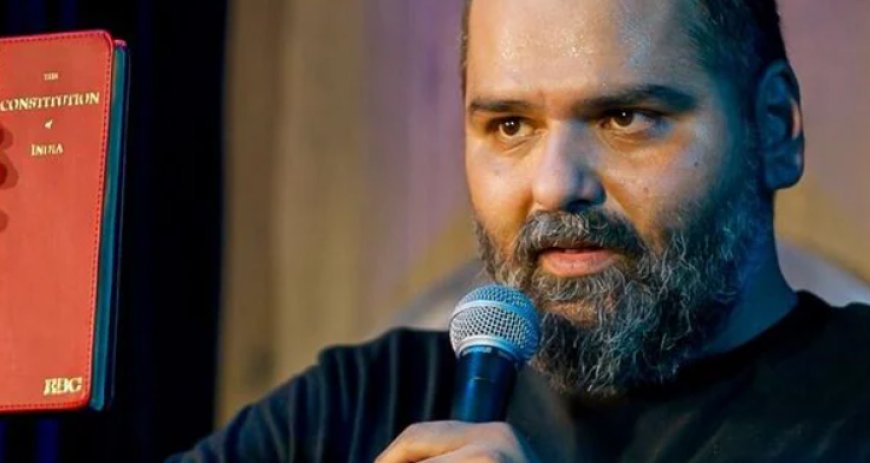Kunal Kamra Controversy: Free Speech, Political Satire, and Backlash
Comedian Kunal Kamra's satirical performance on Eknath Shinde sparks controversy, vandalism, and legal action. Explore the debate on free speech, political satire, and its implications in India.

Indian stand-up comedian Kunal Kamra has recently become the focal point of a national debate on free speech following his satirical performance that implicitly criticized Maharashtra's Deputy Chief Minister, Eknath Shinde. The incident has ignited discussions about the boundaries of political satire and the state of freedom of expression in India.
The Controversial Performance
During a show at Mumbai's Habitat comedy club, Kamra performed a parody song that labeled Shinde a "gaddar" (traitor) for his 2022 political realignment. Although Shinde was not named directly, the implications were clear. A video of the performance circulated online, leading to swift backlash from Shinde's supporters.
Repercussions and Legal Actions
In response to the performance, approximately 20 supporters of Shinde's Shiv Sena party vandalized the Habitat comedy club. The police arrested over 10 individuals, including Shiv Sena's youth leader, Rahul Kanal. Authorities also initiated the demolition of parts of the Habitat club, citing illegal construction, leading to its temporary closure. Kamra now faces a police investigation for potential defamation over his skit targeting Shinde.
Kamra's Stance and Public Reaction
Kamra has refused to apologize for his performance, defending his right to political satire. He has cited death threats from party members as the reason for his delay in appearing before the police. The incident has sparked extensive discussion on social media, with Kamra receiving both support and criticism. Shinde condemned the violence but labeled Kamra's jokes as distasteful.
Broader Implications
This incident highlights ongoing tensions between freedom of speech and political sensitivities in India, echoing similar cases faced by other comedians and performers in the country. It raises concerns about the growing threat to freedom of expression and the challenges faced by artists in navigating political satire.
Kunal Kamra's recent satirical performance has reignited debates about the limits of free speech in India. The legal and social ramifications of this incident will likely continue to unfold, serving as a critical case study in the balance between artistic expression and political discourse.



 Utej
Utej 





